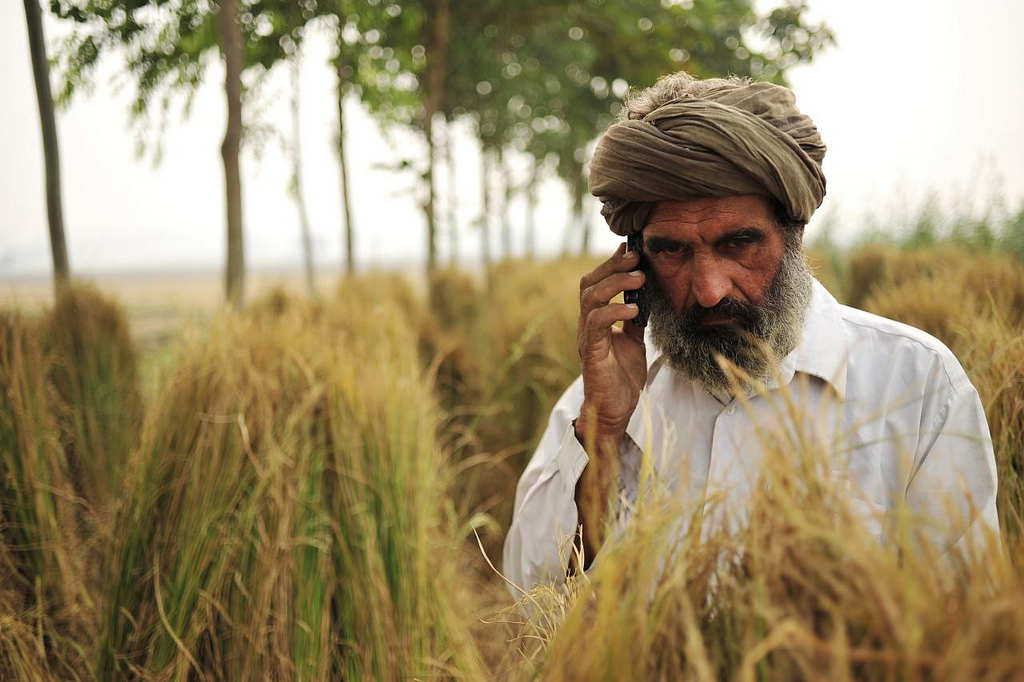The Narendra Modi government, since its inception in 2014, has emphasized the importance of India taking up the digital revolution. In 2015, PM Modi had launched Digital India, a campaign to ensure that government services are available to citizens through an improved online interface. It was a way of ensuring that the government and the facilities it aims to offer, reach the public at their fingertips. Many of the crucial functions of the government were made available on the internet for the public. Some of them include the filing of the income tax returns, government surveys and reports were made available on one website, Start-Up India Portal and Udaan app, to focus on the educated unemployed youth in Jammu Kashmir.
The infrastructure was in place and the campaign was launched but there was a basic problem that was unanswered: comprehension of this medium by the public. There are apps for everything in this government, but how would one access and understand it? As much as we would like it to be true, making things available on the internet does not get them within everyone’s reach. Keeping this in mind, the district administration in Kochi has initiated an important program. The Hindu reported that the administration along with Tata Consultancy Services has inducted a batch of 30 revenue officials for advanced IT training for creating a virtual Information Technology cadre for better implementation of its various e-governance initiatives.
As reported by The Hindu, the 15-day training of the second batch will be launched soon after the first one, working on weekends as well. Stress management and IT Project management has also been included in their curriculum. The training will be held at the state-of-the-art lab of TCS on its Infopark campus. The project is being supported by TCS as part of its Corporate Social Responsibility initiative.
The major changes that Digital India was facing was the accessibility of smart devices and internet connections which the rural areas still do not have. But identifying another key issue, Kochi and TCS have trained the first batch of 37 officers, for creating this helpdesk for the citizens. They received certificates from the Additional Chief Secretary at a function held at TCS. Demonetisation was also aimed at encouraging cashless transactions, which in turn will help in fueling the e-governance schemes. This helpdesk might be the boost that e-governance needs in India.
Thank you for reading the story until the very end. We appreciate the time you have given us. In addition, your thoughts and inputs will genuinely make a difference to us. Please do drop in a line and help us do better.
Regards,
The CSR Journal Team


